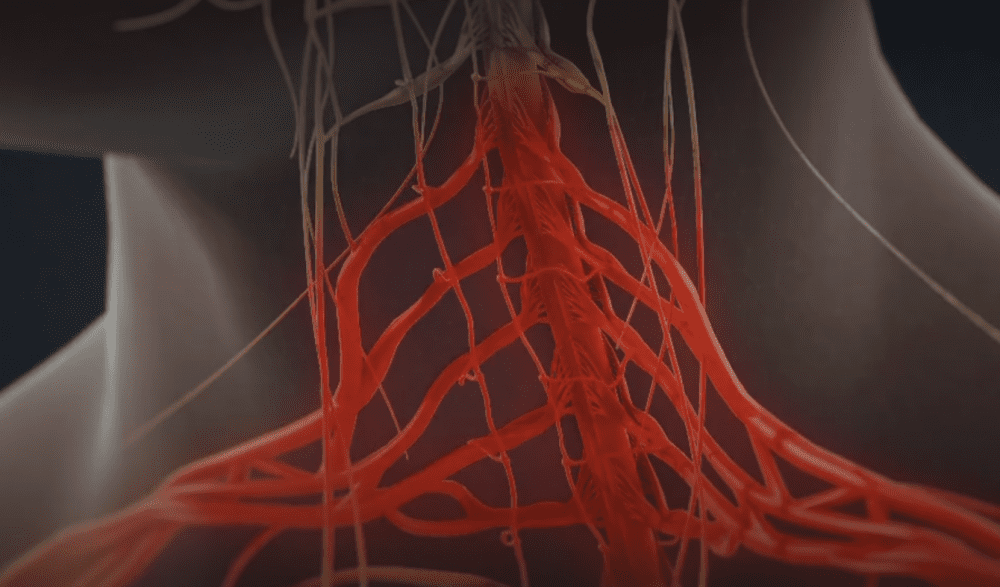Sometimes called a pinched nerve, cervical radiculopathy occurs when a nerve in your neck is either compressed or becomes irritated. When this happens, you may experience pain in your shoulder, as well as numbness, tingling and weakness in your shoulder, arm and hand.
What is Cervical Radiculopathy?
Cervical radiculopathy occurs when there is damage or a disturbance of nerve function near the cervical vertebrae. Depending on the area of nerve root damage, you may experience both pain and sensation abnormalities along the nerve pathway going into your shoulder, arm and hand.
Cervical radiculopathy can occur for several reasons. Sometimes, it’s due to the normal wear and tear that happens as we get older. In older patients, degenerative changes result in arthritis and decreased range of motion. In younger patients, cervical radiculopathy is usually caused by injury, which results in disk herniation.
Thankfully, most cases of cervical radiculopathy respond well to conservative measures such as physical therapy, pain medication and rest.
Symptoms of Cervical Radiculopathy
Someone suffering from cervical radiculopathy may have pain that spreads into the shoulder, chest, upper back, neck and arm. Muscle weakness associated with numbness and tingling may also be present. Patients may also experience lack of coordination, particularly when using their hands.
Diagnosing Cervical Radiculopathy
A diagnosis of cervical radiculopathy can only be made by a physician. After taking a detailed medical history, your physician will want to know about your current symptoms. He or she will then examine you, look for signs of muscle weakness, change in your reflexes and loss of sensation. Your doctor might also ask you to perform specific movements that relieve or recreate your symptoms.
X-Rays
An x-ray series may be performed to assess your cervical spine. It may reveal disk degeneration and narrowing of the foramen, which can cause nerve root compression.
CT Scan
CT scans, computed tomography, are much more detailed than plain film x-rays. A CT scan can determine whether you have bone spur formation at the cervical level.
MRI Scan
An MRI scan visualize the soft tissue structures within the body. An MRI of your neck can show if the symptoms you are experiencing are the result of a herniated disk. Damage to your spinal cord can also been seen on MRI.
EMG Studies
Electromyography is a diagnostic test that measures the impulses of your muscles and nerves. Nerve conduction studies may also be done at the same time to aid in diagnosis. Both tests can help determine if your symptoms are due to nerve root compression or another medical condition.
Cervical Radiculopathy Treatment
The majority of patients diagnosed with cervical radiculopathy recover on their own without the need for further intervention. For some patients, their pain resolves in a matter of a few days. For other patients, it may take longer for their symptoms to improve.
Cervical Collars
Your doctor may recommend that your rest and wear a cervical collar for a short period of time. It’s designed to decrease range of motion and help preventing further pinching of nerve roots in the neck.
Physical Therapy
Physical therapy alleviates pain through specific range of motion exercises. Traction may also be used to reduce back pain plano TX nerve root compression
Medication
Nonsteroidal anti-inflammatory medication (NSAIDS) can reduce inflammation of the nerve roots, which may improve your symptoms if your back pain plano TX is caused by nerve root inflammation.
If your symptoms don’t improve, your doctor may recommend surgical intervention. However, this usually is recommended until more conservative methods of treatment have been attempted.
Make an Appointment today!










